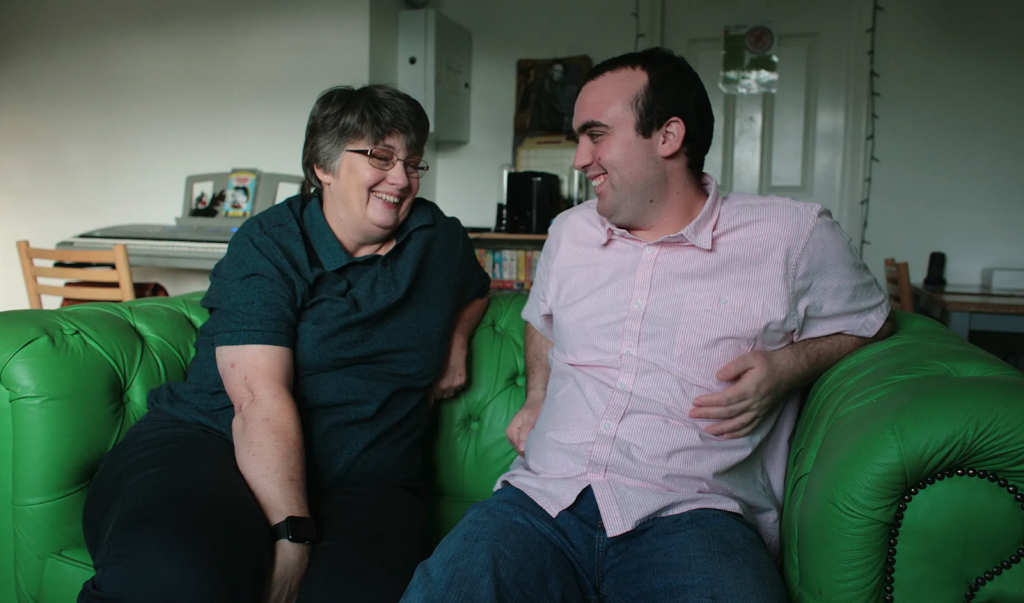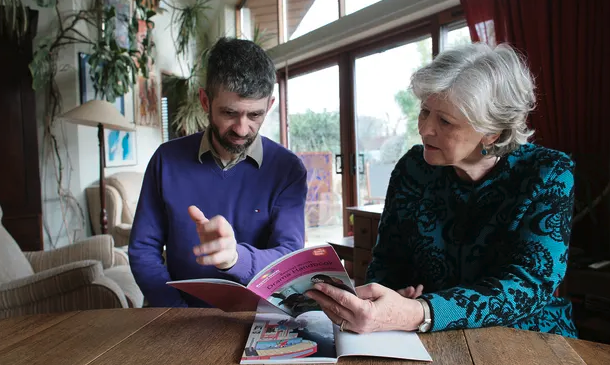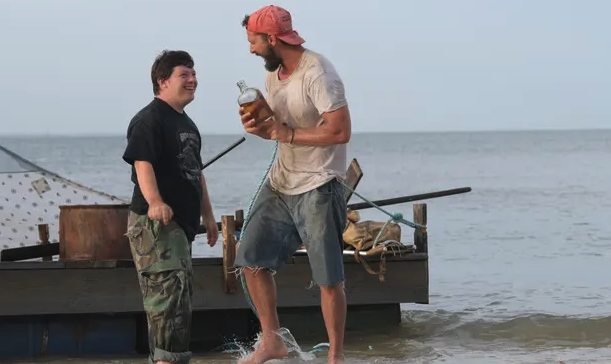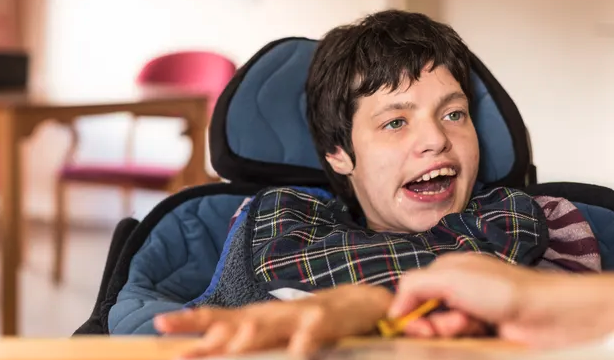
I’m ending 2019 by looking back at some of the issues I’ve written about this year.
Generally, I’ve covered the good stuff we need more of and the bad stuff we definitely need less of.
Thanks to everyone I’ve worked with (quoted and not) about human rights, disability, learning disability, social care, equality, diversity and campaigning.
So here’s what we need more of and less of in 2020 and beyond, based on what I’ve written about:
1. More human rights and a proper community life for people with autism and/or a learning disability.
2. More of an ‘ordinary life’ for people like my sister, Raana.
3. More professionals putting people – like Nigel Hollins – at the centre of their care.

4. …on a practical level this means more professionals truly understanding that people and their families are usually the real experts in their own care. No lip service thanks.

7. Less social isolation so older and learning-disabled people really know their neighbours.

9. Less cultural and social prejudice towards BME and Asian disabled women.
12. Finally, ending on a positive note – here’s my awesome sister, Raana offering a glimpse into her idea of community with a short film she made with her support worker (spoiler alert: it’s not that different to anyone else’s).
- This post is based on a Twitter thread and reflects some of the issues that feature in my book, Made Possible, which is being published on 28 May 2020.
